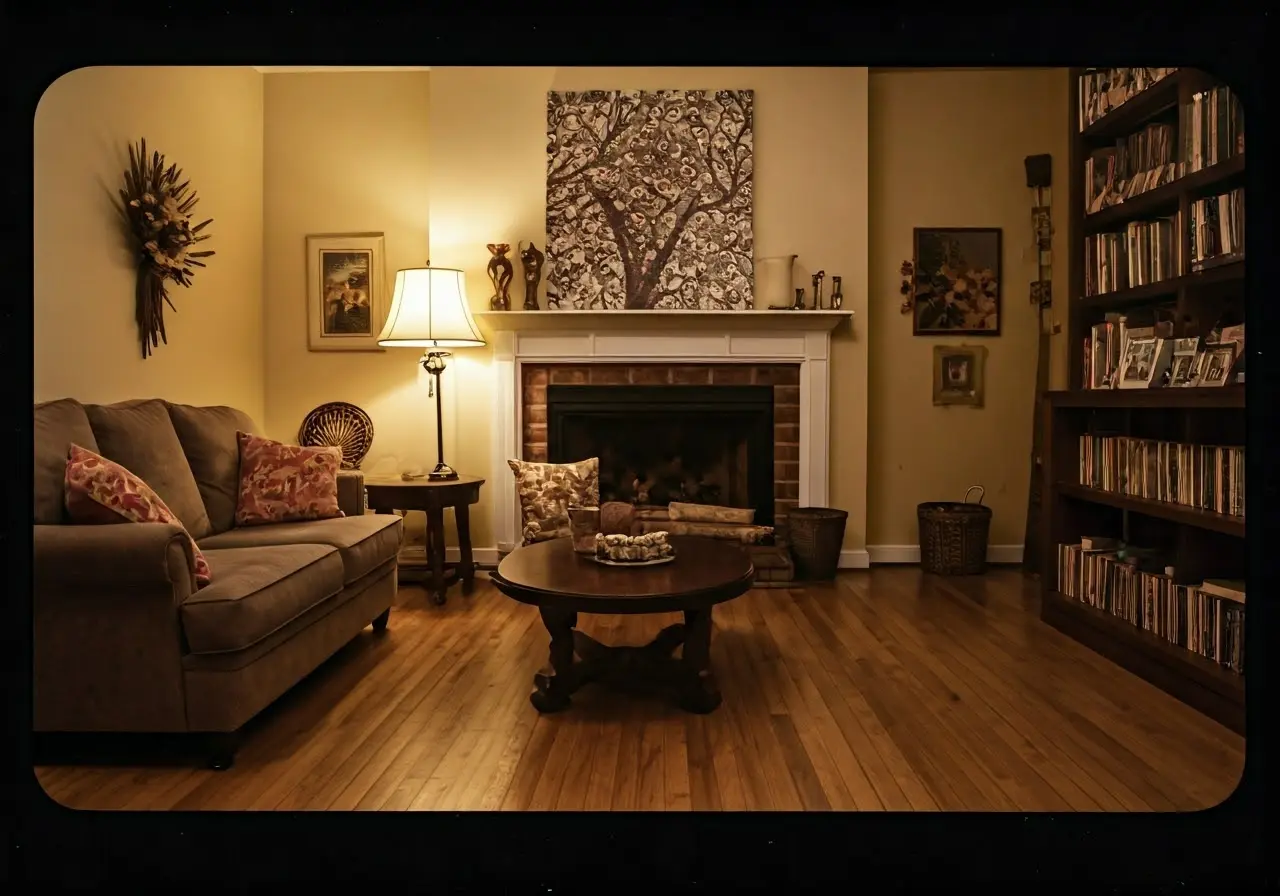Exploring the Comforts of In-Home Palliative Care

October 30, 2024
In-home palliative care offers a comforting alternative for individuals facing serious illnesses, allowing them to receive care in the familiar surroundings of their own home. Understanding its many benefits and how it works can provide peace of mind during challenging times.
What Is In-Home Palliative Care?
In-home palliative care involves specialized medical care for people with serious illnesses, focusing on relief from symptoms and stress. The care is delivered at home, allowing patients to stay in a familiar environment. It’s a holistic approach that also includes spiritual, emotional, and social support, aiming to improve the overall quality of life. This type of care is adaptable and can be adjusted to a person’s changing needs, as it often involves regular visits from a palliative care specialist.
Unlike other forms of care, in-home palliative care integrates various aspects of wellness. It addresses not just the physical symptoms but also attends to the psychological and social dimensions of health, making it a comprehensive support system for both patients and family members during difficult times.
The Benefits of Being at Home
Remaining at home during palliative care can greatly enhance the quality of life for patients. It provides comfort, reduces stress, and allows for the presence of family and familiar surroundings. Patients often feel more at ease when in a familiar setting, which can significantly impact their emotional well-being. The access to personal belongings, the ability to maintain daily routines, and the continuous presence of loved ones make the experience less daunting and more humane.
Furthermore, palliative home care can offer similar services to what one might receive in a hospital, but with the added benefit of being in a comforting space. This not only lessens the potential anxiety of medical interventions but also supports a sense of control and dignity during treatment.
Many patients and families often experience emotional relief knowing they can adjust the care environment to better support the patient’s needs. The ability to navigate care on personal terms without the clinical rigidity of hospitals fosters a nurturing atmosphere conducive to healing and coping.
Services Offered in In-Home Palliative Care
A range of services can be provided, from pain and symptom management to emotional and spiritual support. Care teams work closely with patients and families to tailor services to individual needs. Key services may include medical management, physical therapy, nutritional advice, and even psychological and spiritual counseling to ensure a balanced approach to care.
The multidisciplinary nature of palliative care means that various healthcare professionals are involved, each bringing their expertise to manage distinct facets of a patient’s condition effectively. This cooperative effort seeks to craft a serene and beneficial experience for all involved, aligning medical care with personal values and preferences.
The Role of Family and Loved Ones
Family members are integral to the care process, offering support and companionship. In-home care allows for family involvement in ways that are often not possible in hospital settings. This approach not only supports the family in managing the care responsibilities but also ensures that emotional bonds are strengthened, further contributing to the patient’s psychological well-being.
Family members also have the opportunity to participate actively in creating a peaceful and supportive environment for their loved ones. This can include facilitating physical comfort, ensuring the environment is conducive to rest, and providing emotional encouragement and love in the patient’s journey.
Choosing the Right Care Team
Selecting a compassionate and competent care team is crucial. Patients and families should look for caregivers who can provide personalized attention and who have experience in palliative care. It’s important to assess whether the team respects the patient’s values and priorities while providing holistic support that aligns with their medical needs.
A comprehensive team usually includes doctors, nurses, therapists, and spiritual counselors, all working together to craft a care plan that meets diverse needs. The focus is on collaboration and inclusivity, ensuring that all concerns of the patient and family members are addressed comprehensively. Engaging with resources like Inspire Hospice, with their dedicated teams, guarantees a supportive and compassionate environment that respects patients’ dignity at all stages of care.
The Compassionate Choice of In-Home Palliative Care
In-home palliative care not only ensures medical needs are met but also nurtures emotional and spiritual well-being in a familiar and comforting environment. It provides a compassionate choice for individuals wanting to spend their time surrounded by loved ones while receiving the necessary support.
Filed under:
Articles and Resource Topics

A Registered Nurse is available to answer your questions about hospice and palliative care services:
- Discuss your unique situation to determine how Inspire services can be tailored to care for you and your family
- Discuss insurance, Medicare and answer other concerns about eligibility, benefits, and other care options
- Answer any questions you have about comfort care




